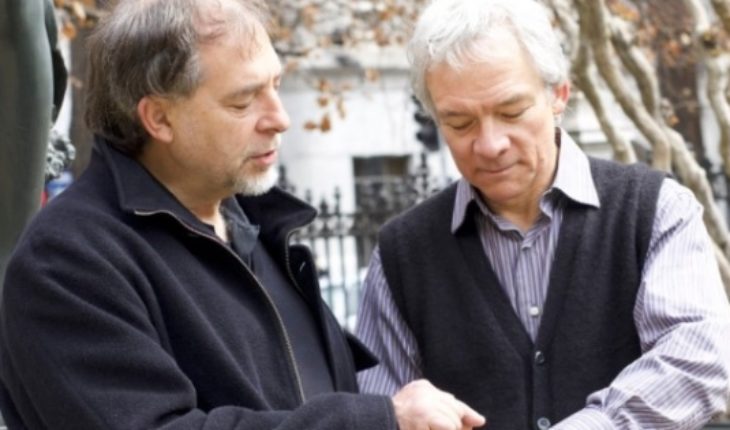Senator Guido Girardi, chairman of the Challenges of the Future Commission, together with John Ewer, a neuroscientist who worked with the Nobel Prize-winning team of physicians (1917) for his research into the operation of the r criticized the Executive’s decision to continue the schedule changes.
They regretted the “omiso case” of all scientific evidence – national and international – and accused the extent of increasing disease and heart attacks, increasing debt and sleep disorders, as well as the risks of accident mental focus, especially in children and adolescents.
Senator Girardi stated that “the schedule change is a public policy that is done from illiteracy and denying the scientific evidence that the new time use that we will have from tomorrow (UTC -4) does not belong to Chile and will provoke a series of tr health disorders.”
He added that “it would trigger a social jet lag because in living things it is sunlight that activates our neurons and the immune and endocrine systems and hormones that keep us on alert. A two-hour sleep debt like the one we’re going to have increases the risks of heart attacks, obesity, speeding up Alzheimer’s, transit and work accidents.”
Girardi recalled that “a group of neuroscientists, led by John Ewer and Ramón Latorre, jointly developed a bill with the Future Commission to end time changes and have a single time zone. The initiative was approved in committee but, unfortunately, in the Chamber parliamentarians who do not believe in science refused to vote on it and should have returned to the committee.”
And he said that “this new schedule is the worst we can have – if we were to stick with the current one it would be less serious – because it is to create an attack on people’s health and life, free of charge, because of ignorance not to heed the scientific evidence.”
For his part, john Ewer noted that “on Monday we are going to get ahead of the day and we will sleep an hour less, that’s associated with obvious things that happen when you lose sleep, less attention and more accidents, that’s documented.”
He added that with the time change “there is 5 to 10% increase in the number of heart attacks. This is 20 years of accumulated medical data, it’s a solid data, it’s not trivial, and it’s completely avoidable. If you didn’t have this schedule change, those lives would be much better.”
Ewer said that “tomorrow, the sun will rise around 8.00 in this region (Metropolitan) and if you get up at 07:00, you will have a sleep deficit of one hour; if you get up at 06:00, two hours and that’s going to be sharper in kids and teens because they have a biological clock behind the adult.”
The neuroscientist explained that “the time zone that belongs to the country is UTC -5, with it, the Metropolitan Region would have an outgoing sun at approximately 06:30 hours. I don’t think we’ve ever had it, but before the time zone existed in Chile the -4.4 was used. Now you have to decide between -4 and -5, but that’s a discussion that can be postponed. The important thing is to have no schedule changes and choose the zone where the sun rises early. Sticking to today’s schedule (-4) forever could be good, although then we could discuss whether it has benefits being changed to -5”
translated from Spanish: Turn against the time change: “Tomorrow’s schedule is the worst we can have”
September 7, 2019 |





